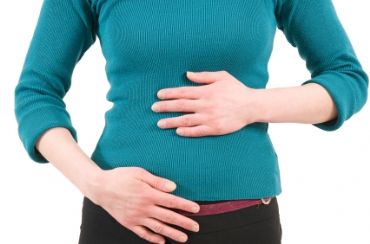Every woman has to undergo the pain and stress related to menopause, a condition which is closely related to changes in hormones. As woman grows old, she starts experiences changes in her body and moods. These changes occur as a result of change in her hormonal levels. Sometimes, it is difficult to deal with this condition and as a result, depression surfaces. Menopause depression is a quite a common condition. Many people associate depression with menopause. The symptoms of both conditions are similar and as such many women believe that there is a link between these two conditions. The common symptoms seen in Menopause depression are irritability, hot flashes, anxiety, sleep disorders, lack of interest, changing food habits, etc. Many women undergo menopause depression. It is entirely normal but to overcome these symptoms, it is important to see a physician.
The most commonly seen symptom in menopause depression is dejection. A woman suffering from this problem always feels sad, worthless and fights the feeling of melancholy. When the secretion of serotonin hormone reduces in the body, it results in mood fluctuations. Extreme confusion and sadness is experienced. Suicidal tendencies are also triggered I some women. It is very important to handle this situation with great care otherwise it may lead to severe health problems.
In order to fight this problem, it is important to take some necessary steps. The first positive step towards fighting this condition is to understand this problem clearly. Once a woman accepts that she is facing a problem, it becomes easier for her to handle symptoms associated with depression. Women who have faced surgeries in the past or led a stressful life are more prone to this condition. Women who have suffered postpartum depression and premenstrual syndrome are also vulnerable to menopause depression. Treatment from an experienced physician brings relief in this condition.
During menopause, several physical problems may also be experienced besides depression. It may also result in divorce, stressful relationships, stress and depression. Following tips can help to manage menopause depression-
- It is important to understand that menopause has no cure. Many doctors recommend hormonal therapy for treating depression but it may not prove to be successful in all cases.
- Regular medical examination is necessary to see if there are any indications of depression. Necessary precautions can be taken in advance to avoid this condition.
- Right nutrition and regular exercises can offer great help.
- Meditation and Yoga can also help.
- Herbal therapies and medicines can also bring some relief.
- Lifestyle changes can be adopted to foster depression treatment.
- Many online tests are available that can be used to find if a woman is suffering from depression.
Anger and depression are the most common symptoms of menopause depression. With unconditional support and proper care, depression can be handled easily.


